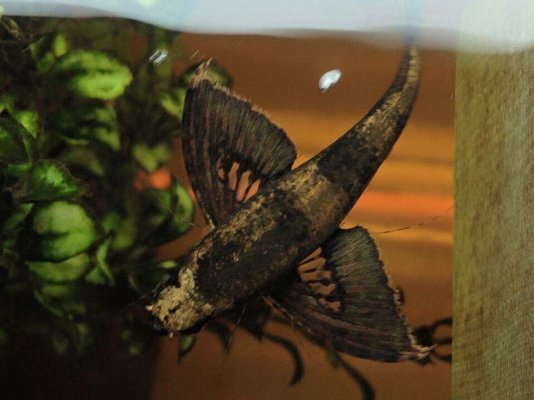GallonsOfFun
Aquarium Advice Freak
- Joined
- Jul 12, 2015
- Messages
- 309
What do you guys think are the coolest evolutionary adaptations in aquarium fish?
I'll start: I find it extraordinary that the elephant nose fish has evolved, turning its muscle cells into electrocyte cells, to be able to use weak electrical signals in the same way Dolphins would use sonar.
Sent from my iPhone using Aquarium Advice
I'll start: I find it extraordinary that the elephant nose fish has evolved, turning its muscle cells into electrocyte cells, to be able to use weak electrical signals in the same way Dolphins would use sonar.
Sent from my iPhone using Aquarium Advice


